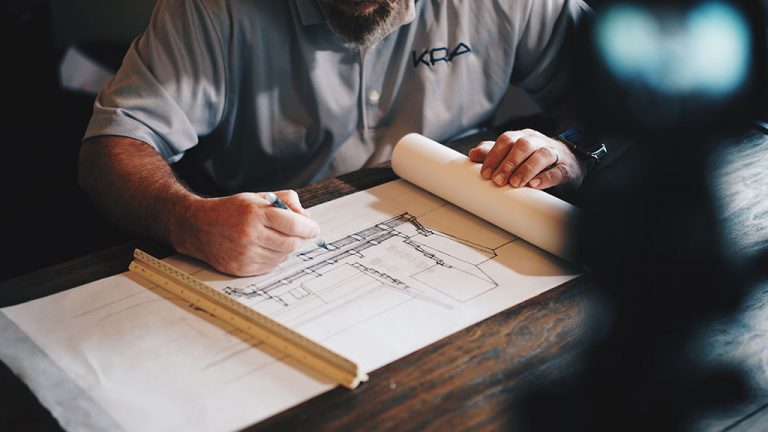Every profession sees itself as a leader. Architecture is no exception. The realization of a building requires a formidable team and each member of the team is in a position of leadership during some of the phases of the project.
For example: at the programming stage, the owner is in the lead; during the development permit stage, it can be argued that the municipality’s planning personnel is in the lead; during the design stage, the architect leads; during construction, the builder leads.
Equally important are the contributions of the specialist consultants (usually our engineering colleagues), the trades, the suppliers, and many more.
Building projects start with an owner, who works with the architect, to translate the dream or need into an eventual reality.
To turn dreams into realities requires the architect typically to consider sociological, cultural, environmental, economic and regulatory factors.
Society now expects that the architect will also consider sustainability.
We know that buildings consume up to approximately 40 per cent of all energy.
Currently, this relies heavily on fossil fuels.
Of course, single-family residential construction, usually constructed without architects, is a large portion of all buildings and consumes a very significant portion of that.
Nevertheless, buildings built in Canada designed by architects, including commercial, industrial, institutional and residential, typically consume twice the energy of similar buildings in Europe.
While such a comment is simplistic, it underlines the progress our society needs to achieve.
As part of its mission to promote responsible architecture and to equip members with sustainable design knowledge, the Royal Architectural Institute of Canada (RAIC) is among other Canadian organizations who have endorsed the 2030 Challenge, www.architecture2030.org.
The international movement was started by American architect Ed Mazria, Hon. FRAIC.
It proposes that all new buildings will use no fossil fuels and emit no greenhouse gases by 2030.
The challenge sets energy consumption targets and encourages building owners to adopt them.
It sees the creation of low-energy consuming buildings and infrastructure as a design issue.
Clearly, architects and engineers have a key role in implementing the solutions to achieve carbon neutrality for buildings.
Other members of the team need to feel the same obligation.
Every problem has a solution, but not every solution has leadership.
Society has a will to reduce the use of energy from fossil fuel and all levels of government desire more energy efficient buildings.
Many architects have made sustainability a core philosophy of their practice.
Those architects are the early-adopters and specialists that spearhead change.
The architectural profession is full of individualists, early-adopters, creative characters and implementers, and is therefore well placed to participate in the leadership required to provide an exemplary built environment.
We don’t need always to follow.
We need to set new standards. Mediocrity is worse than bad.
Let’s aim for excellence in all of our society’s achievements.
Quoting from a colleague: "Respect is a verdict, not an entitlement."
The architectural profession has an opportunity to build (pardon the pun) on its early-adopters to help owners, the construction industry and society-at-large to meet the RAIC 2030 Challenge: carbon neutrality for buildings."
Pierre Gallant, FRAIC is the Royal Architectural Institute of Canada (RAIC) Regional Director for British Columbia and the Yukon. Send comments or question to editor@journalofcommerce.com











Recent Comments
comments for this post are closed